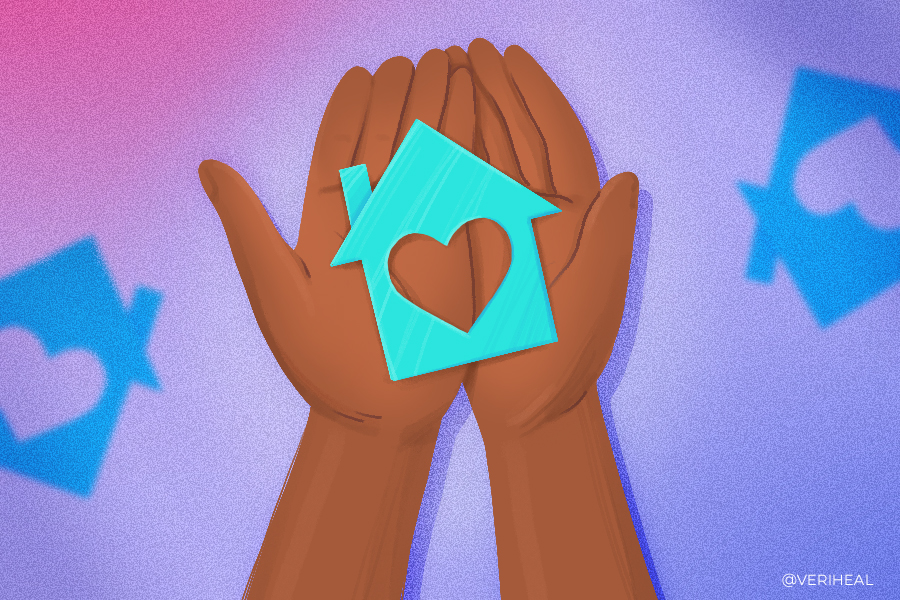There are approximately 424,000 foster youths in America alone, according to iFoster. Despite nationwide efforts to decrease the number of children in foster care, the numbers continue to rise. But what does this have to do with cannabis?
Well, a study found that cannabis legalization has resulted in a significant decrease in foster care placements. Apparently, legalizing cannabis has resulted in an estimated 10% reduction in foster care admissions, which includes children entering the foster care system as a result of physical abuse, neglect, and parental incarceration.
Analyzing Foster Care Trends
University of Mississippi researchers John Gardner and Bright Osei analyzed data from various sources to compare trends in the foster care system, particularly to compare states where cannabis has been legalized and where it hasn’t. The researchers stated that they “estimate that legalization decreases foster-care placements by at least 10%, with larger effects in years after legalization, and for admissions for reasons of parental drug and alcohol abuse, physical abuse, neglect and parental incarceration (arrests).”
The study also assessed the potential economic impact of those decreases in foster care placements and explains that a single foster care placement costs an average of $25,000. The researchers explain that considering the cost of one foster care placement, cannabis legalization would “reduce the financial burden of the foster-care system by about $675 million, annually.” Foster care placements gradually decreased in states that enacted cannabis reform, which they found by assessing data pre- and post- legalization.
Gardner and Osei hypothesize that “legalization may impact foster-care admissions directly by changing the welfare of children or indirectly by changing policies and attitudes towards marijuana use in the home.” They go on to state that “direct effects may arise because marijuana use itself causes behaviors that affect child welfare, or because it changes the likelihood of using other drugs. Substitution toward marijuana from other substances can be an important part of how legalization affects admissions.”
They also found that “placements due to physical abuse, parental neglect, and parental incarceration decrease after legalization, providing evidence that legalization reduces substantive threats to child welfare, although the precise mechanism behind these effects is unclear.”
While more research is needed to understand these findings in a long-term capacity, it’s not hard to connect some of these dots. If cannabis is legal, fewer people are arrested for consuming it—not to mention that people consuming illicit substances may switch to the more easily accessible one. This means fewer parents are in jail for cannabis or damaging substances and can care for their children.
Alcohol, Cannabis, Aggression, and the Foster Care System
Alcohol is responsible for a significantly high number of violent crimes and is commonly associated with addiction and increased instances of violence at home. Alcohol, a stimulant, could increase the amount of violence and abuse happening to children. These children are then pulled from their homes and thrown into the harsh system.
Cannabis, on the other hand, is mostly a calming agent and would much sooner give you a hunger for junk food than violence. While alcohol is entirely legal, often associated with domestic abuse, and is socially acceptable (even when one drinks themselves into a stupor), cannabis—as safe as it is—has been front and center in the war on drugs that has ripped apart families for generations.
Unfortunately, there are still groups dedicated to vilifying the plant. For example, UCLA reported on a study that supposedly found a link between cannabis consumption and abusive or neglectful parenting. The researchers of this study tried to state that cannabis use leads to more frequent physical abuse, but if that were the case, wouldn’t the numbers of children in foster care continue to increase at the same rate as legalization? This study is from 2015, and more recent research does not support its conclusions.
The link between cannabis and aggression is not as simple as the 2015 study makes it out to be. The Washington Post explains that cannabis “seems to make most people relaxed, but it can also cause anxiety and paranoia, conditions which can occasionally manifest themselves in violent ways.” Those with a predisposition for aggression are most at risk of invoking violence while intoxicated by cannabis. Whether or not cannabis induces violence depends on the genetic and psychological state of the consumer as well as whether cannabis is being combined with other substances, such as alcohol.
This is just the beginning of research into family dynamics and substances, but the findings so far are promising. Although no definitive conclusions can be drawn yet, it appears that cannabis legalization is keeping more families intact—and that is something worth celebrating.
Author, Share & Comments
















